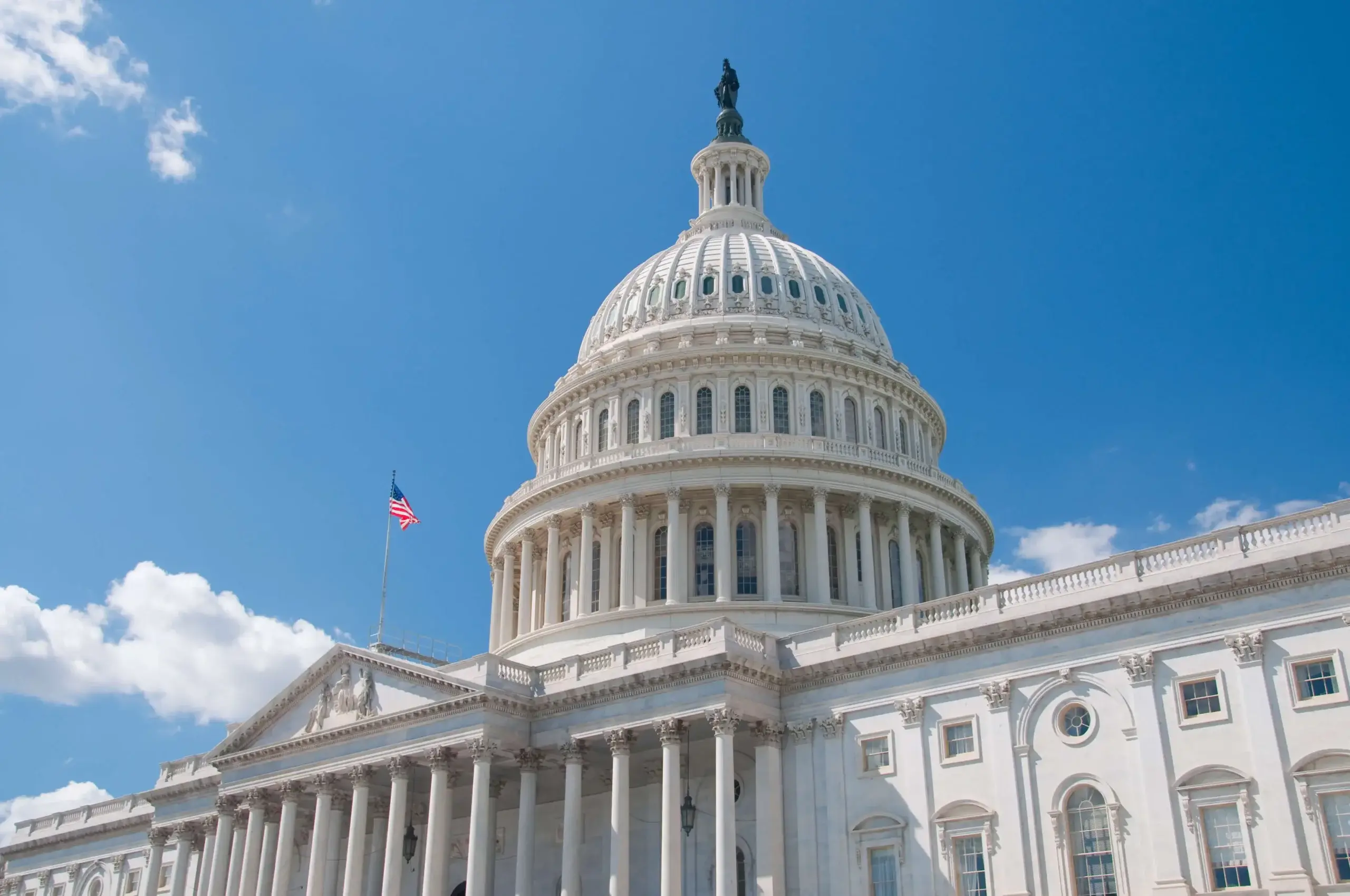Export Management
Mitigate risk, ensure regulatory compliance and maximize opportunities.

Export Compliance Assessments
With global supply chain security risk escalating over the last 20 years, government authorities all over the world have invested significantly in increased enforcement of export laws and regulations. This coupled with the ongoing modernization of trade regimes, presents government entities with a wide range of tools and audit methodologies to identify violations of trade regulation and law. With increased resources to focus on enforcement, fines and penalties are no longer limited to large multinational companies.
Copper Hill’s Export Compliance Assessment is an independent proactive review of your export activity and Export Compliance Program to identify strengths, weaknesses, risks and opportunities. The assessments are tailored to your specific business and designed to improve your compliance program while at the same time identifying duty optimization opportunities. Throughout the process Copper Hill will help you document processes and procedures specifically tailored to government expectations, and where relevant, recommend best practices to enhance these policies and procedures. In addition, Copper Hill will generate a roadmap to implement best in class compliance programs.
Copper Hill has a bench of Trade professionals with extensive experience working for multinational companies managing their Export compliance programs. We have used this expertise to develop strong documented processes and procedures to assist facilitating reduced risk or violations of global export laws.
Due Diligence Review
Copper Hill conducts Due Diligence reviews specific to Export laws and regulations for Businesses purchasing other companies. This allows the purchasing entity to identify any risk of potential successor liability prior to completing the purchase, thus allowing the business to place an accurate value on the company being purchased. Due Diligence is critical to ensuring any potential liability owed to government entities has been determined, and all risks have been identified.
Areas covered during Due Diligence include compliance with export compliance law, and in some cases, personal liability. The risk assessment focuses on the nature of the targets business, industry, countries it operates, third parties utilized and the extent the target interacts with government officials or has government customers, and the underlying strength of the compliance program and internal controls. A roadmap with suggested actions for remediating ongoing risk is also an important component of Copper Hill’s review, to help facilitate enhancing internal controls.

Audit and Monitoring
The US Department of Commerce through the Bureau of Industry and Security lists internal export compliance audits as a required element of an effective export compliance program. Companies should perform these audits on a regular basis. Audits can focus on a functional level like recordkeeping, or a comprehensive program level audit conducted on an annual basis. These larger annual audits should include both a review of the organization’s export procedures as well as a reviewing of selected export transactions and how each business unit handled these in relation to the current compliance procedures.
Copper Hill can assist in performing these functional or program wide export compliance audits. Our team has extensive experience working for companies managing their Export compliance programs. We have used this expertise to develop strong documented processes and procedures to assist facilitating reduced risk or violations of global export laws.
Deemed Export and Technology Transfers
The Bureau of Industry and Security notes that releases of controlled technology to foreign persons in the US are deemed to be an export to the person’s country or countries of nationality. Typical organizations using deemed export licenses include universities, high technology research and development institutions, bio-chemical firms, as well as the medical and computer sectors. The US Department of State also has similar regulations for technology controlled under the International Traffic in Arms Regulations.
The Export Control Program team can help you spot deemed export issues, review your Technology Control Plan, or help develop one that will ensure export control compliance for any technology transfers.
